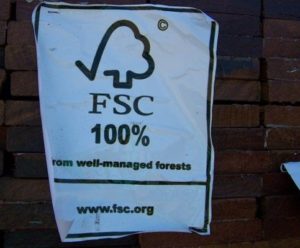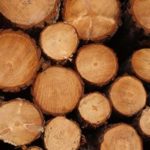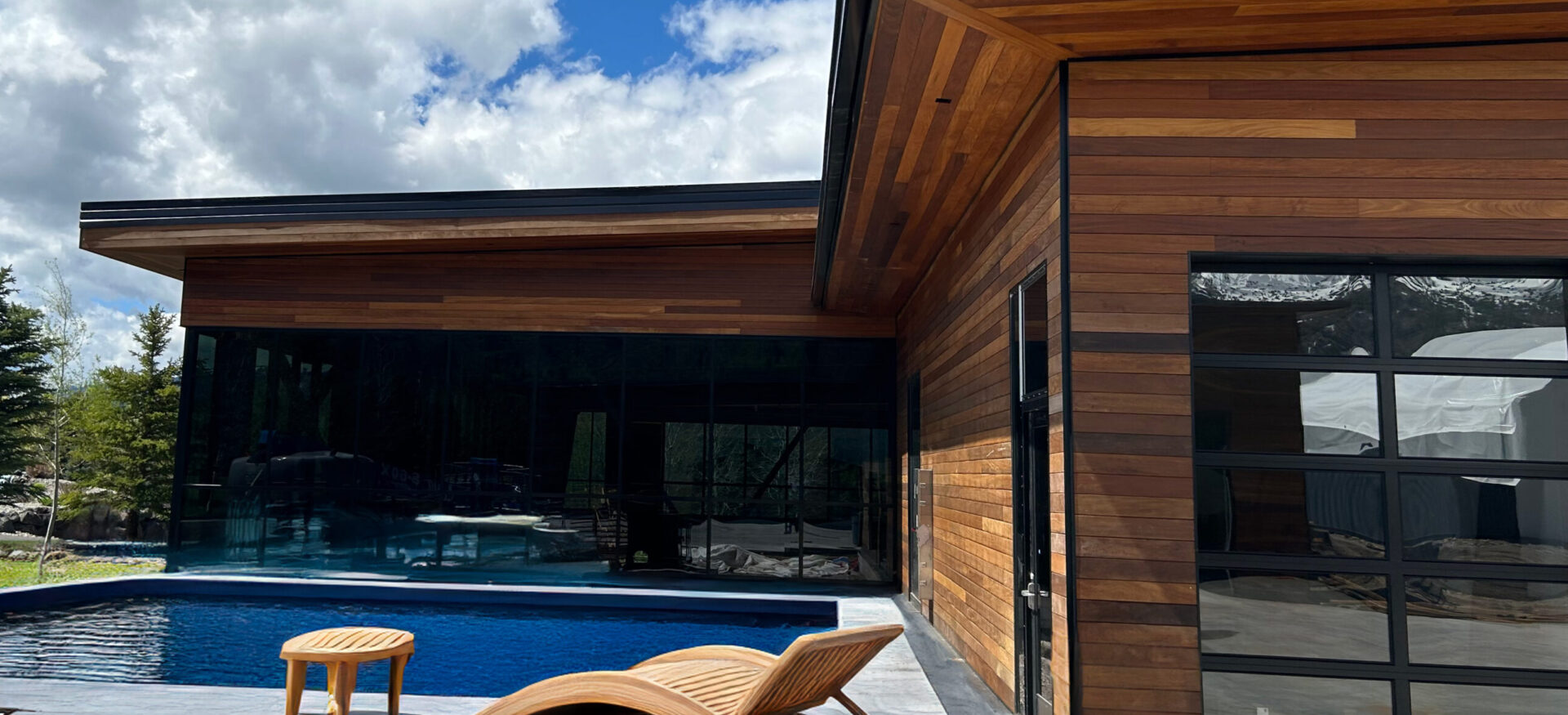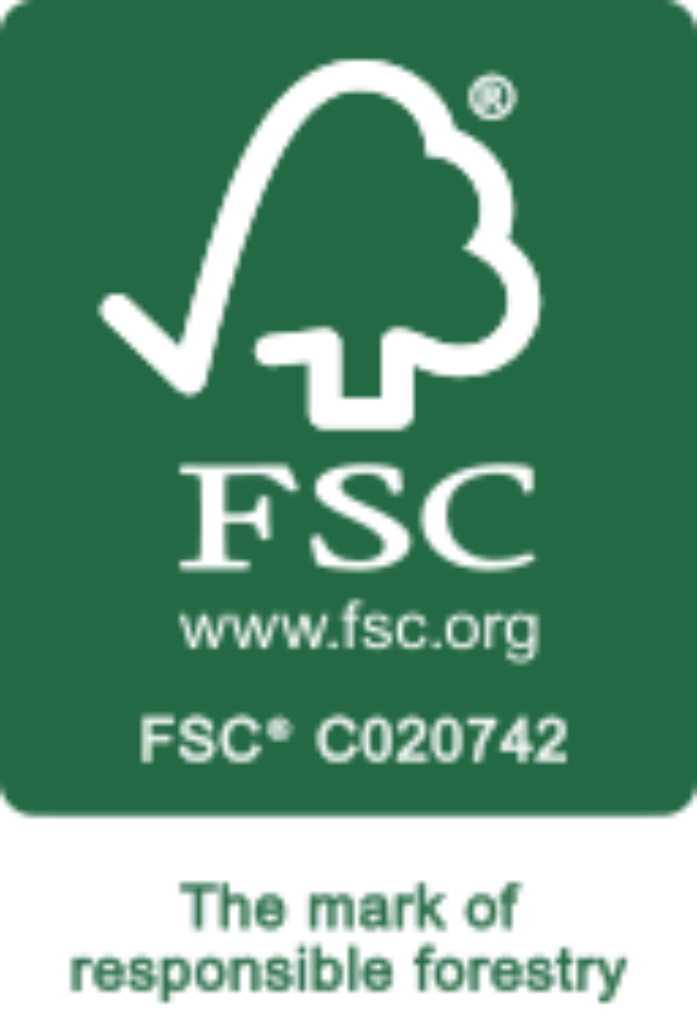
Much ink has been spilled in the last week on the raids at the Gibson Guitar factory over “illegal” Indian wood. The most startling element is that the wood in question was FSC® certified and had all of it’s CITES documentation. This begs the question,
“Do I need alternate or additional certification to protect myself?”
This is something that J. Gibson McIlvain has been looking in to for many years and we have found first and foremost that a good relationship with our overseas mills is the best solution for us and our customers. However, some of our mills follow alternate verification steps which make us even more comfortable with buying lumber from them. FSC certification has been viewed of late as a panacea solution.
If it is FSC® stamped then it is completely legal and environmentally responsible…not really.
That fact of the matter is that FSC certifies forests and ensures that those trees led a happy life. Once they are harvested and processed for export, FSC has little to no visibility into the practices used. This is where verification programs can add more and go farther in ensuring the legality of your lumber. Let’s look at one of the larger and more comprehensive programs that we rely upon.
Timber Legality & Traceability Verification (TLTV)
Société Générale de Surveillance (SGS) is an independent auditor that is hired by governments to provide oversight. This is the body that offers the TLTV process to the private sector. The process uses regular auditing or continuous monitoring and verification of a company’s wood production and tracking information. TLTV can involve a combination of the following:
- verification of log/timber production and tracking from port back to stump
- audit of company data and specific legality issues taking into account local laws as well
- continuous data monitoring and processing
As you can see, the TLTV process covers everything a lumber mill does. You can rely on FSC to make sure that forests are managed properly, but TLTV picks up where FSC leaves off.
Want to learn even more about the TLTV process? Follow the link.
Verification of Legal Origin (VLO)
While TLTV covers all the company processes during harvest, processing, and export, VLO takes a closer look at the legal right to harvest the tree in the first place. Is there a current land concession that is in compliance with national and local laws? VLO timbers have an in depth and highly maintained chain of custody system that can be audited at any point. This starts to step into the FSC arena when looking at forestry management, but is more concerned with a detailed paper trail to “prove” where the log came from in the first place. Again, FSC may mean the tree was happy, but VLO identifies that happy tree and keeps track of it.
Verification of Legal Compliance (VLC)
VLO makes sure a mill took the tree from a legal place, but VLC goes a step further and makes sure that the tree was taken in a legal manner. It may seem like a minor difference, but again consideration of state and local laws come into play and things like low impact forestry techniques are considered when the cutting actually happens.
TLTV, VLO, and VLC are but the tip of the iceberg when it comes to all of the options open to the worldwide market. FSC seems to be the de facto standard here in the US, but in many ways it falls short of what people think it actually does. Responsible forest management, verification of legal use and harvest, and attention to detail with foreign state and local laws are issues very important to us. It is important to protect ourselves but even more importantly all of our customers downstream from us in the supply chain. As a major importer of exotic lumber, many people receive our lumber each day and we want to ensure that lumber is legally obtained and not endangering the supply.
If you are interested in some of the other certification and verification programs take a look at this list.









Leave a Reply